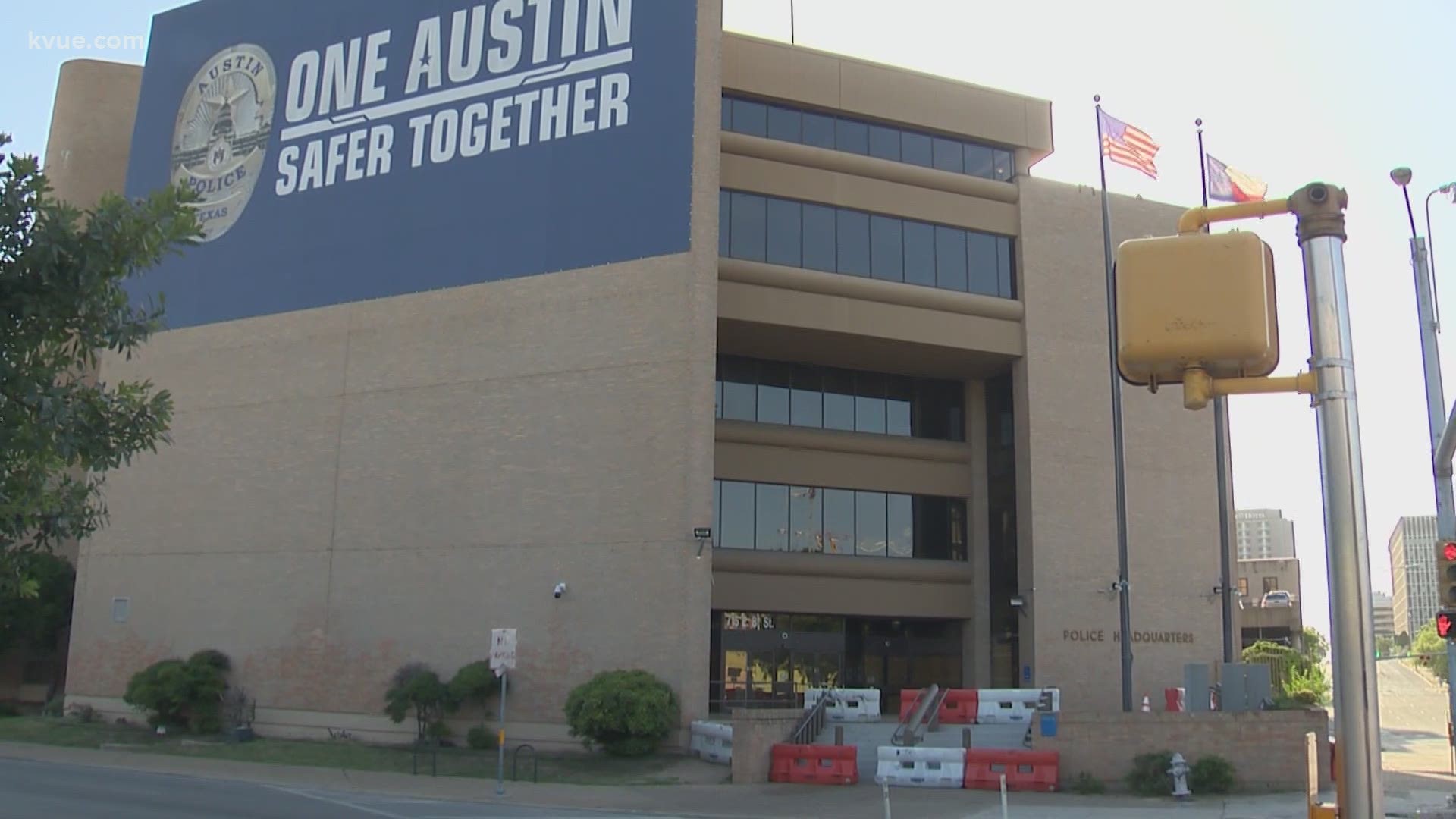AUSTIN, Texas — The Austin Police Association (APA) believes the amount of time it's taking officers to respond to 911 calls has recently increased.
"What we're seeing is our priority twos and threes, which are, you know, criminal trespass assaults, other types of calls now that are waiting for anywhere from two to six hours. And that's just not acceptable," said Ken Casaday, president of the APA.
Casaday added that "priority zero" and "priority one" calls are more serious in nature and include shootings and stabbings that are being responded to.
Ultimately, Casaday believes the increased response times are a result of an understaffed police department.
"We've had Sunday shifts showing up on occasion with, you know, four, five officers and they should have eight to 10," Casaday said, adding that downtown shifts are of concern. "Don't get me wrong, the chief has authorized the overtime to be spent. But right now, people are just so exhausted that only five people showed up on a shift and trying to work Sixth Street in the downtown area is pretty rough when you only have that amount of officers."
Casaday referenced recent examples, including a shots fired call that came in on Monday. An Austin Police Association Twitter account tweeted in part that there were, "No Units Available" to respond to that call.
Casaday explained that detectives had secured the scene before patrol officers could arrive.
"The detectives had to help secure the scene so they could actually have a crime scene to work. So, this is the type of thing that's happening in our city," Casaday said.
Gov. Greg Abbott chimed in on the issue Monday, tweeting in part, "This is caused by Austin's cuts to police funding & it endangers lives in Austin. The State must consider laws that take over policing parts of Austin."
The Austin City Council voted to cut some funds from APD in August. A total of $150 million from APD's budget will be reallocated. Of that, $49 million will be diverted to other programs, $21 million was reallocated immediately and $80 million will be reallocated later. Those cuts also included cutting some future cadet classes.
Casaday said that the canceled classes, coupled with what he believes is an increase in APD officers resigning, is causing the recent rise in 911 response times.
"What we did not expect was an average of eight people to resign every month for the last four months," Casaday said. "And so, not only have we lost the vacant seats that we needed because Austin is continuing to grow in exponential rates, that's gone, plus, we're down minus below where we were at the beginning of the year. And that’s a very dangerous situation for officers and for the citizens."
Austin Mayor Steve Adler sent KVUE a statement Monday night on the issue, reading:
“Here in Austin, we continue to make the safest big city in Texas even safer and that remains our highest priority. We’ve cut no officers; in fact we gave them all raises because we support them and their work. Our next Academy graduates new officers this month and our Chief has millions of available dollars for overtime if he needs it. I hope when our politicians get past Election Day, we can actually have serious conversations about keeping Austin safe.”
Chris Harris, who is on the Austin Public Safety Commission representing District 1, said he believes the issue has been politicized.
"And so, the idea that the safety or jeopardy of the citizens of Austin is – that it's, you know, been jeopardized – I think is, is plainly false," Harris said, citing the fact that the calls that are being delayed are the ones of lower priority.
Harris also cited a recent study published over the summer by AH Datalytics which analyzed calls for service data from APD from January 2019 through June 2020.
The study reads in part, "Less than 1% of all Calls for Service from January 2019 through June 2020 were for an incident deemed a Uniform Crime Report Part I violent crime. Robbery and assault/battery incidents made up over 85% of all violent crime Calls for Service over that span."
"What this speaks to, again, is this broader point of what is public safety? What type of needs do the people in Austin have? What type of responders should be responding to the different calls they make? For too long, we've invested almost solely in policing at the expense of these sort of things. And so, what we really need is to be investing in the other needs that people in the community may have," Harris said.
"What we need is a much more investment in things like public roads and things like housing and things like our EMS system and other forms of public safety," Harris continued. "We really have to be, you know, understand where all of the dollars that our city has where it is, put them to actually protect our safety the best."
Still, Casaday is concerned that if response times are continuing to rise for lower priority calls, it could spell bad news for the future.
"Does it happen on every shift, every day? No, but it's happening a lot more. And it's – it's very, very concerning," Casaday said.
PEOPLE ARE ALSO READING:

